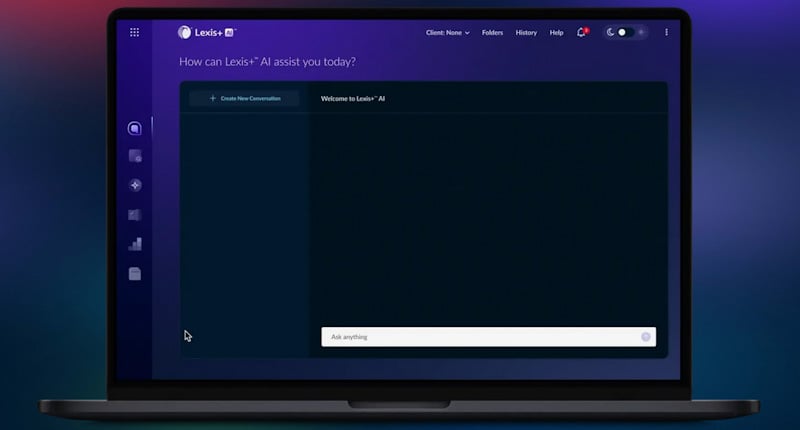Did Waterboarding Help Find Bin Laden? Holder Unsure; Old-Fashioned Intel Played Big Role
Did waterboarding produce intelligence that helped the United States find Osama bin Laden?
Attorney General Eric Holder told the House Judiciary Committee on Tuesday that he’s unsure about the answer to that question, The Hill’s Blog Briefing Room reports.
Some are applauding the harsh interrogations, saying they unearthed information that led to Bin Laden. But the United States “torture program” appears to have played a minor role, if any, in finding bin Laden, Wired’s Danger Room reports. The Daily Beast’s The Dish comes to the same conclusion.
The reports say old-fashioned intelligence and surveillance were more important in tracking down bin Laden.
Key to the effort was identification of a courier who led them to bin Laden. Sept. 11 mastermind Khalid Shaikh Mohammed did give up an alias used by the al-Qaida courier while being held at a CIA prison, so it’s possible waterboarding played a role, Danger Room says, quoting an Associated Press report. Former administration officials told AP, however, that Mohammed did not give up the name while being subjected to waterboarding. Instead, it happened during a standard interrogation.
It wasn’t until four years later, after waterboarding had stopped, that U.S. officials pieced together the courier’s real name.
Operatives in Pakistan and Afghanistan learned the courier’s partial real name, and surveillance by the National Security Agency turned up his full name, Danger Room says. The big break came when the courier called someone under NSA surveillance. Pakistani informants traced him to that country and the compound where bin Laden was staying, according to a New York Times report cited by Danger Room.
“Waterboarding and other torture methods didn’t give the real name and location of the courier,” Danger Room says. “Old fashioned human spying and electronic dragnets did that.”
Holder may have been unsure about waterboarding, but he was sure about the law that allows electronic surveillance of suspected terrorists, the Blog Briefing Room says. Asked if controversial provisions of the Patriot Act should be renewed, Holder replied, “We [at the Department of Justice] never want those provisions to expire.”
Additional coverage:
New York Times: “Bin Laden Raid Revives Debate on Value of Torture”



